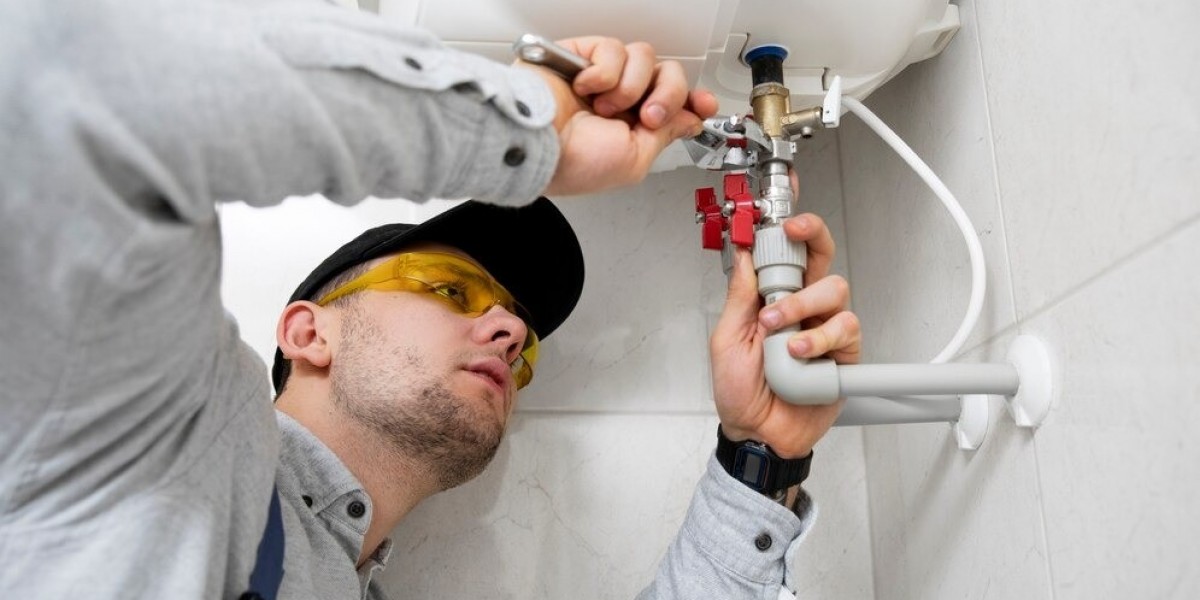Leaking Boiler: Should You Repair It or Replace It?
A leaking boiler can be a significant concern for homeowners, especially during colder months when the heating system is crucial to maintaining comfort. The decision to repair or replace a leaking boiler isnt always straightforward. Understanding the potential risks, costs, and the overall condition of your boiler is essential for making an informed decision. In this guide, well explore the causes of a leaking boiler, the signs that repair or replacement is needed, and factors to consider when deciding between the two options.
What Causes a Boiler to Leak?
A leaking boiler can happen for various reasons, and identifying the root cause is essential for determining whether a repair or replacement is necessary. Some common causes of a leaking boiler include:
Corroded Pipes
Over time, pipes and other components of your boiler can rust and corrode, leading to leaks. Corrosion often occurs when water sits in one area of the system for too long or if there are fluctuating temperatures.Loose Joints
Connections in the boiler can become loose due to natural wear and tear or poor installation. When joints loosen, it can lead to a slow, persistent leak.Faulty Pressure Valve
Boilers are designed to operate at a specific pressure. A faulty pressure relief valve can result in too much pressure building up inside the boiler, causing a leak.Cracked Heat Exchanger
The heat exchanger is a vital component of the boiler, and if it cracks, water can leak through the system. A cracked heat exchanger often requires replacement, as repairing it can be challenging.Internal Component Failure
Internal parts such as seals, gaskets, or seals may wear out over time, leading to leaks. If these parts break or wear down, the leak can become larger, affecting the systems ability to function correctly.
Signs of a Leaking Boiler
Knowing when your boiler is leaking is crucial for deciding whether to repair or replace it. Here are some signs to look out for:
Visible Water Around the Boiler
One of the most obvious signs of a leaking boiler is the presence of water around the unit. If you see puddles or damp spots, it indicates a significant leak that needs attention.Reduced Heating Performance
If your boiler is leaking, it can affect its ability to heat your home efficiently. You may notice that your heating system is not working as effectively as before or the radiators are not getting as hot.Water Damage Around the Boiler
Leaking water can damage nearby walls, floors, or furniture. If you notice staining or discoloration around your boiler, its time to address the issue.Strange Noises
Leaks in the system can cause air to enter the pipes, leading to gurgling or bubbling noises. These sounds may be accompanied by a loss of heat in certain areas of your home.Boiler Pressure Drops
If your boiler is losing pressure, it could be due to a leak somewhere in the system. A drop in pressure is often accompanied by other signs of leakage, such as water around the unit.
Should You Repair or Replace a Leaking Boiler?
When it comes to dealing with a leaking boiler, there are generally two options: repair or replace. The right decision depends on several factors, such as the severity of the leak, the age of the boiler, and the overall condition of the system. Here are some factors to consider when deciding whether to repair or replace your leaking boiler:
1. The Age of the Boiler
The age of your boiler is one of the most critical factors in determining whether repair or replacement is the best option. If your boiler is over 10-15 years old and is leaking, it may be more cost-effective to replace it than to repair it. Older systems are more prone to breakdowns and may not be as energy-efficient as newer models. A new boiler could save you money in the long run by reducing energy consumption and minimizing the likelihood of further issues.
2. The Extent of the Damage
If the leak is minor, it may be possible to repair the boiler without the need for a full replacement. However, if the damage is extensivesuch as a cracked heat exchanger or a damaged internal componentthe cost of repair could be high. In some cases, the repair might be so expensive that its more cost-effective to replace the entire system.
3. Repair Costs vs. Replacement Costs
If the cost of repairing the leaking boiler is close to or exceeds the cost of replacing the unit, its usually better to invest in a new system. A new boiler comes with a warranty, and youll get the added benefit of more efficient heating and lower energy bills. On the other hand, if the repair is minor and affordable, fixing the leak might be the most practical solution.
4. Boiler Efficiency
A leaking boiler that is old and inefficient may be wasting a lot of energy, leading to higher utility bills. Replacing the boiler with a newer, energy-efficient model could significantly reduce your energy costs and provide better heating performance. Modern boilers are designed to be more energy-efficient, meaning they use less fuel to heat your home and are better for the environment.
5. Ongoing Maintenance and Future Issues
Even after repairing a leaking boiler, it may continue to experience problems due to its age or wear and tear. If your boiler is frequently breaking down or requiring repairs, it might be time to replace it. A new system will provide more reliable performance and require less frequent maintenance.
Benefits of Repairing a Leaking Boiler
In some cases, repairing the boiler can be a good option. Here are the benefits of repairing rather than replacing:
Lower Upfront Costs
Repairing a leaking boiler is often less expensive than replacing it. If the leak is small and the damage is minimal, a repair can extend the life of the system without the significant cost of a new unit.Quick Fix
In many cases, a boiler repair can be completed in a day or two, whereas a full replacement may take longer and involve more disruption to your home.Familiarity with the System
If your current boiler has been serving you well and the repair is relatively minor, repairing it may be a more comfortable choice. You wont need to adjust to a new system or learn how to use a different type of unit.
Benefits of Replacing a Leaking Boiler
On the other hand, replacing a leaking boiler offers several benefits:
Improved Efficiency
Newer boilers are much more energy-efficient than older models, which could save you money on your heating bills. A replacement is a long-term investment that pays off over time.Reduced Maintenance Costs
A new boiler typically requires less maintenance, and it comes with a warranty, giving you peace of mind. You wont have to worry about frequent repairs and breakdowns.Better Reliability
A new boiler offers increased reliability. You wont have to deal with unexpected leaks or repairs, ensuring that your heating system works efficiently year-round.Environmental Benefits
Newer boilers are often designed to be more environmentally friendly, using less energy and producing fewer emissions.
Conclusion
A leaking boiler is a problem that should be addressed promptly to avoid further damage and ensure the safety and comfort of your home. Whether you should repair or replace your leaking boiler depends on several factors, including the age of the system, the extent of the damage, the cost of repair, and your long-term heating needs. If your boiler is old and inefficient, replacing it may be the best option. However, if the leak is minor and the system is relatively new, a repair could be a cost-effective solution. Always consult with a professional plumber or heating technician to assess the situation and recommend the best course of action.








